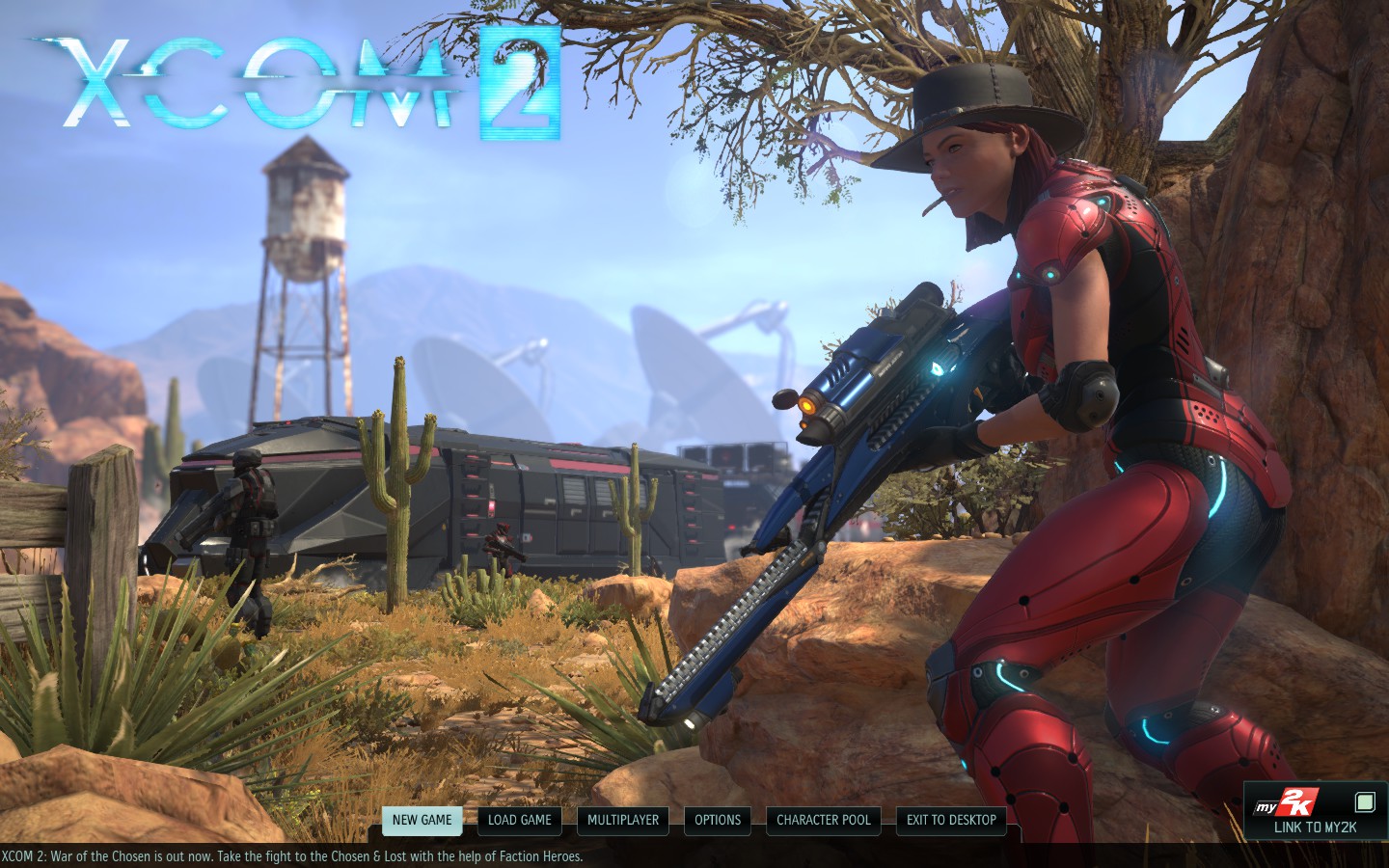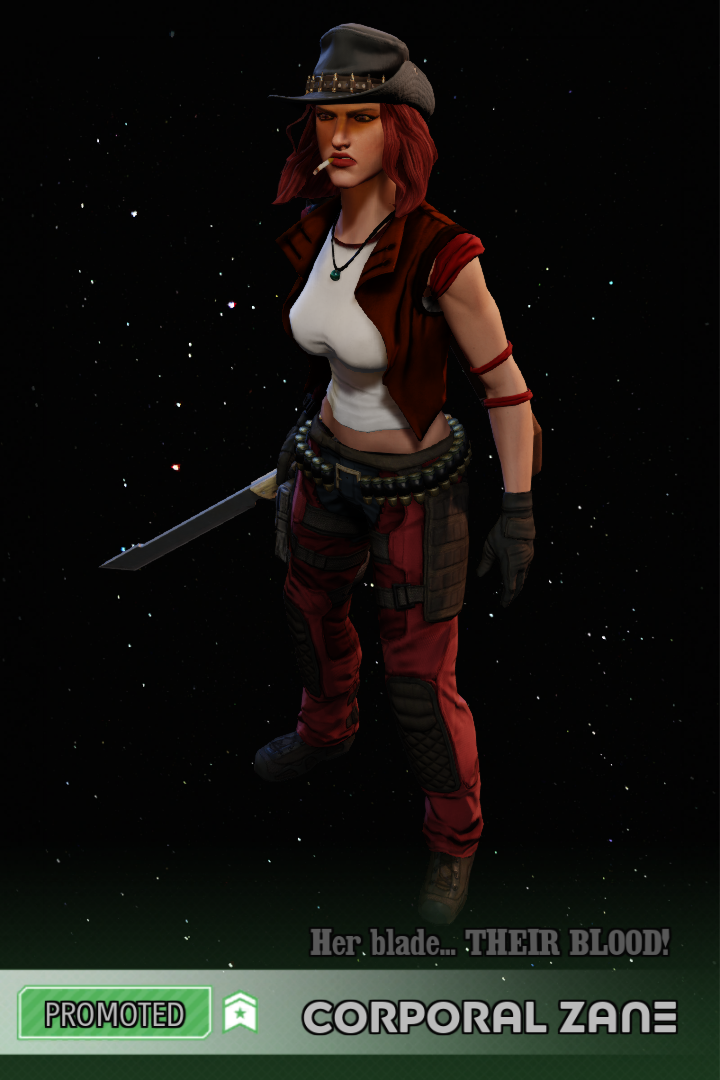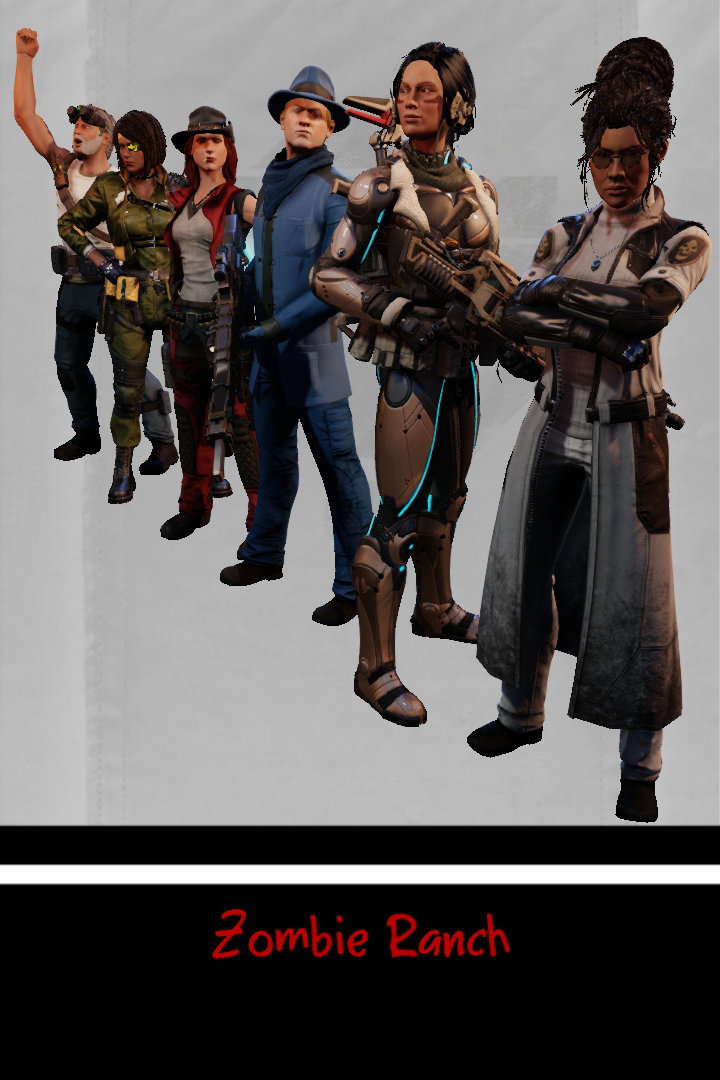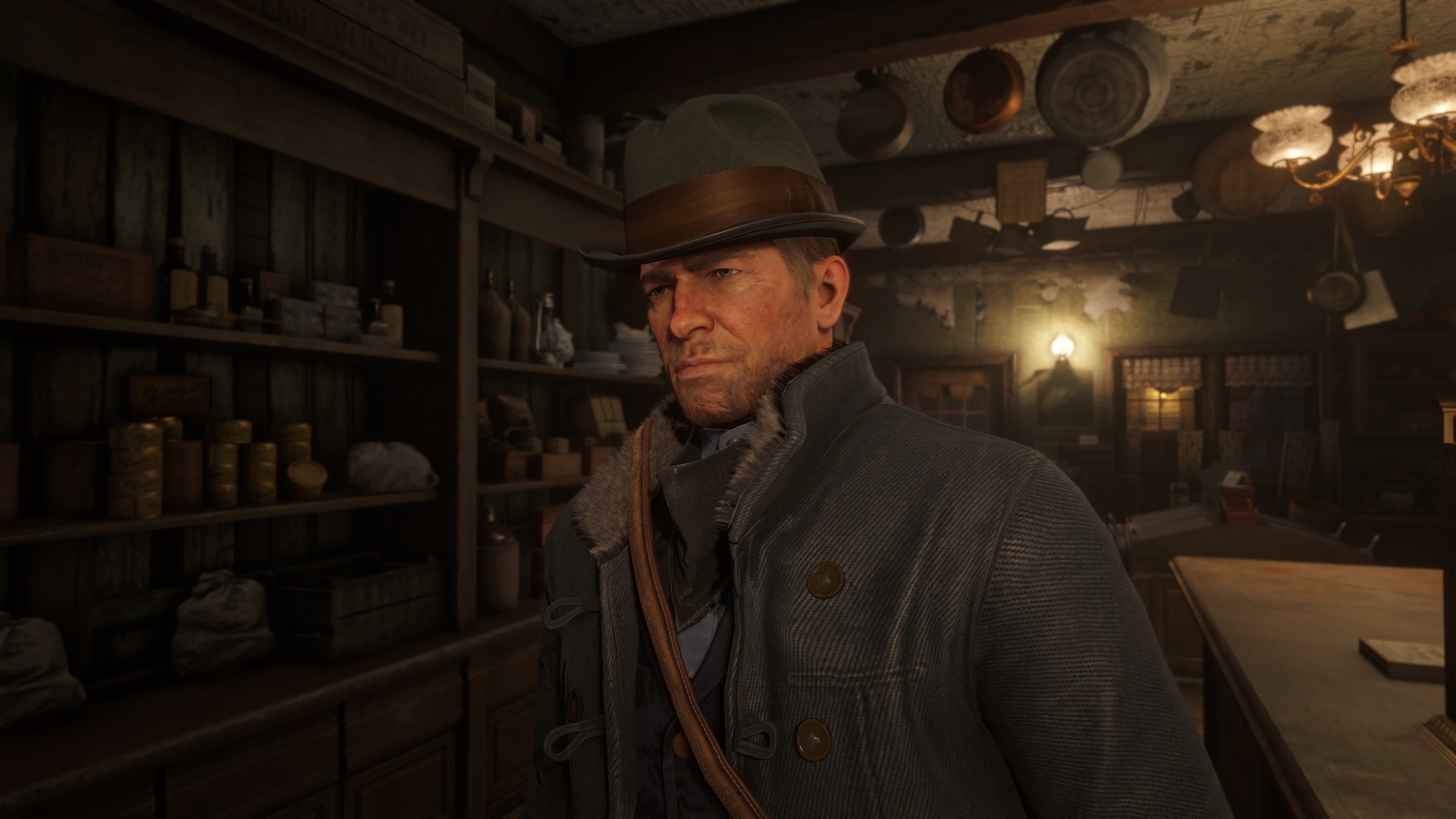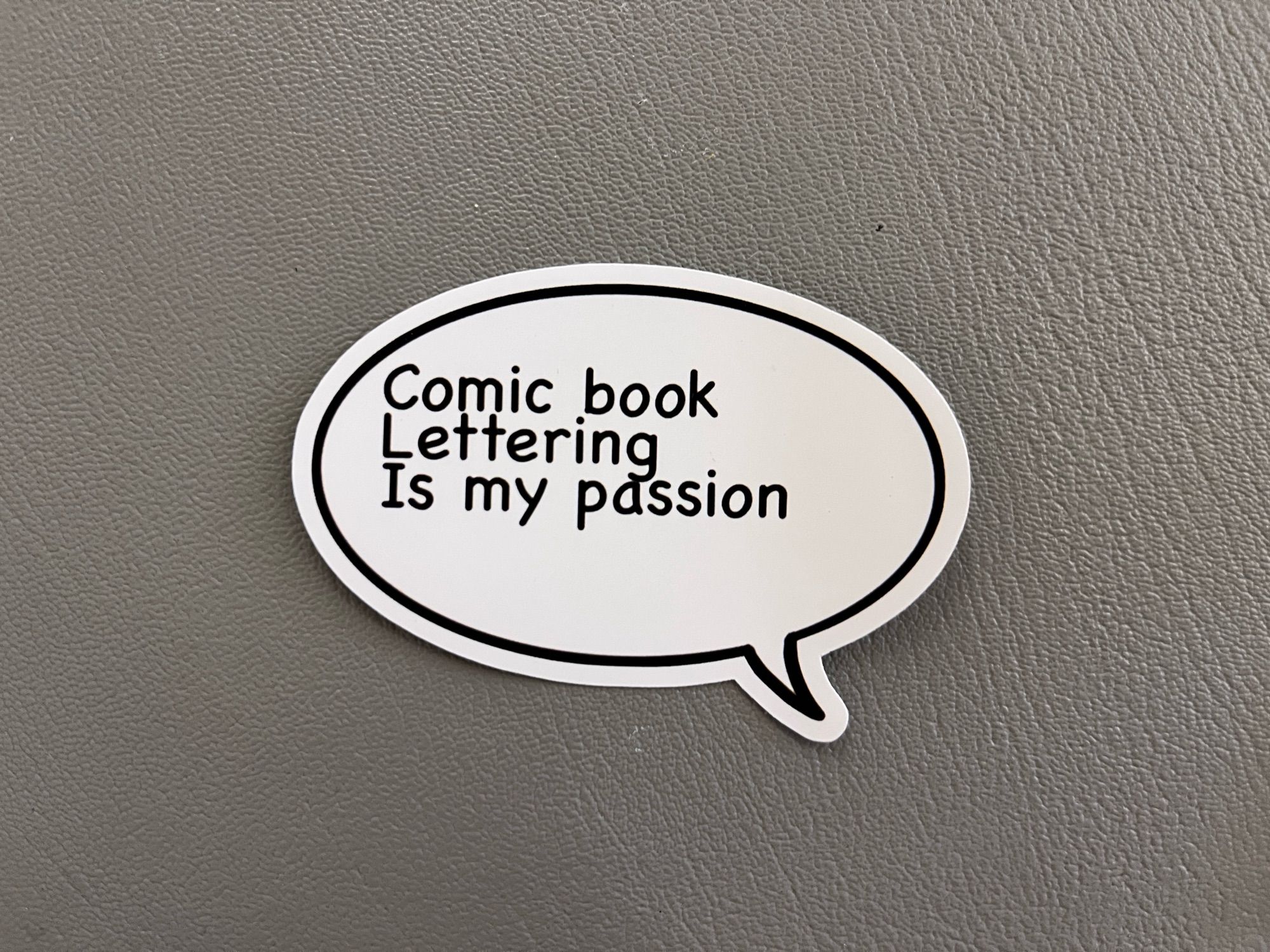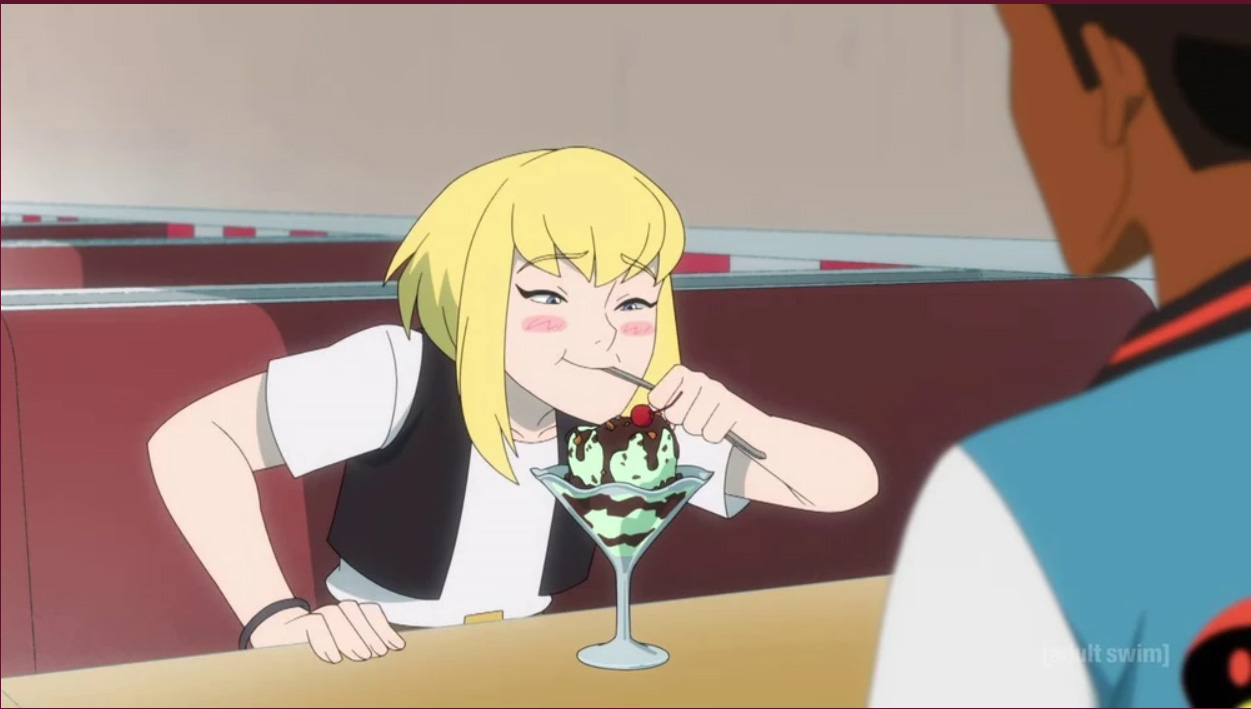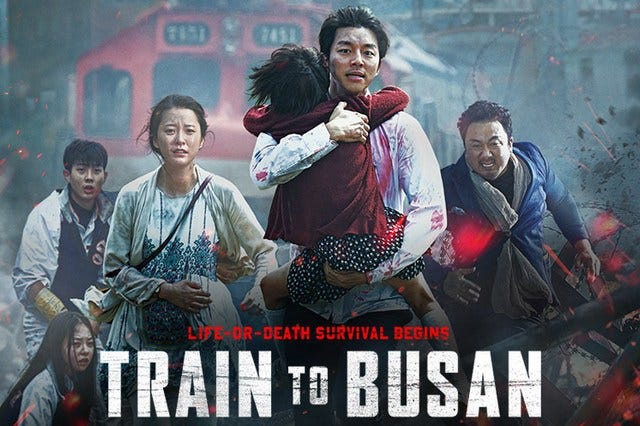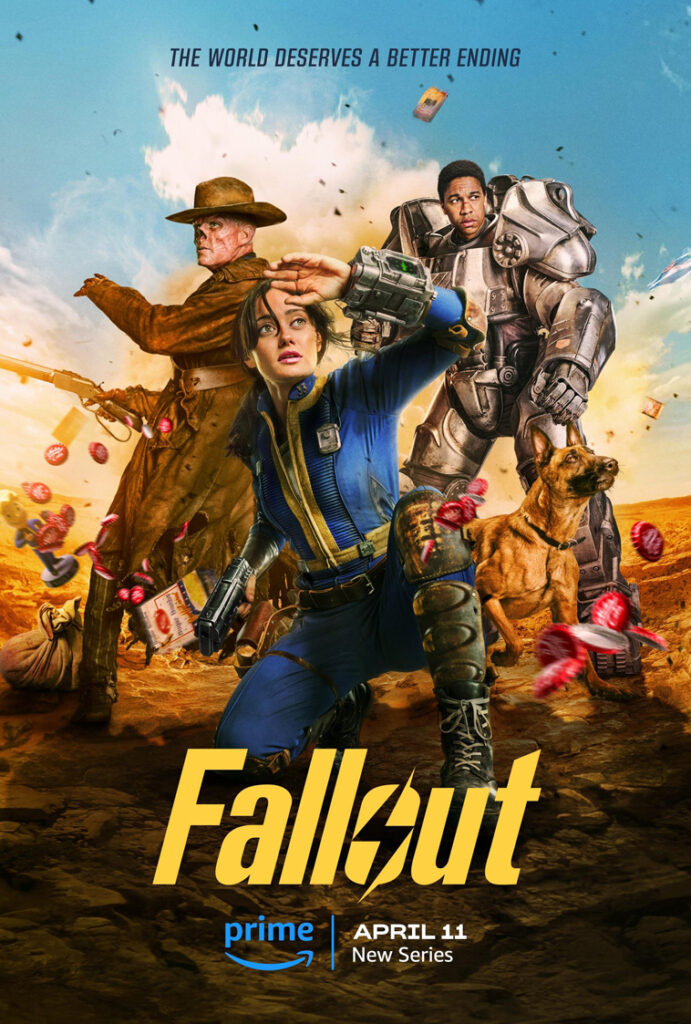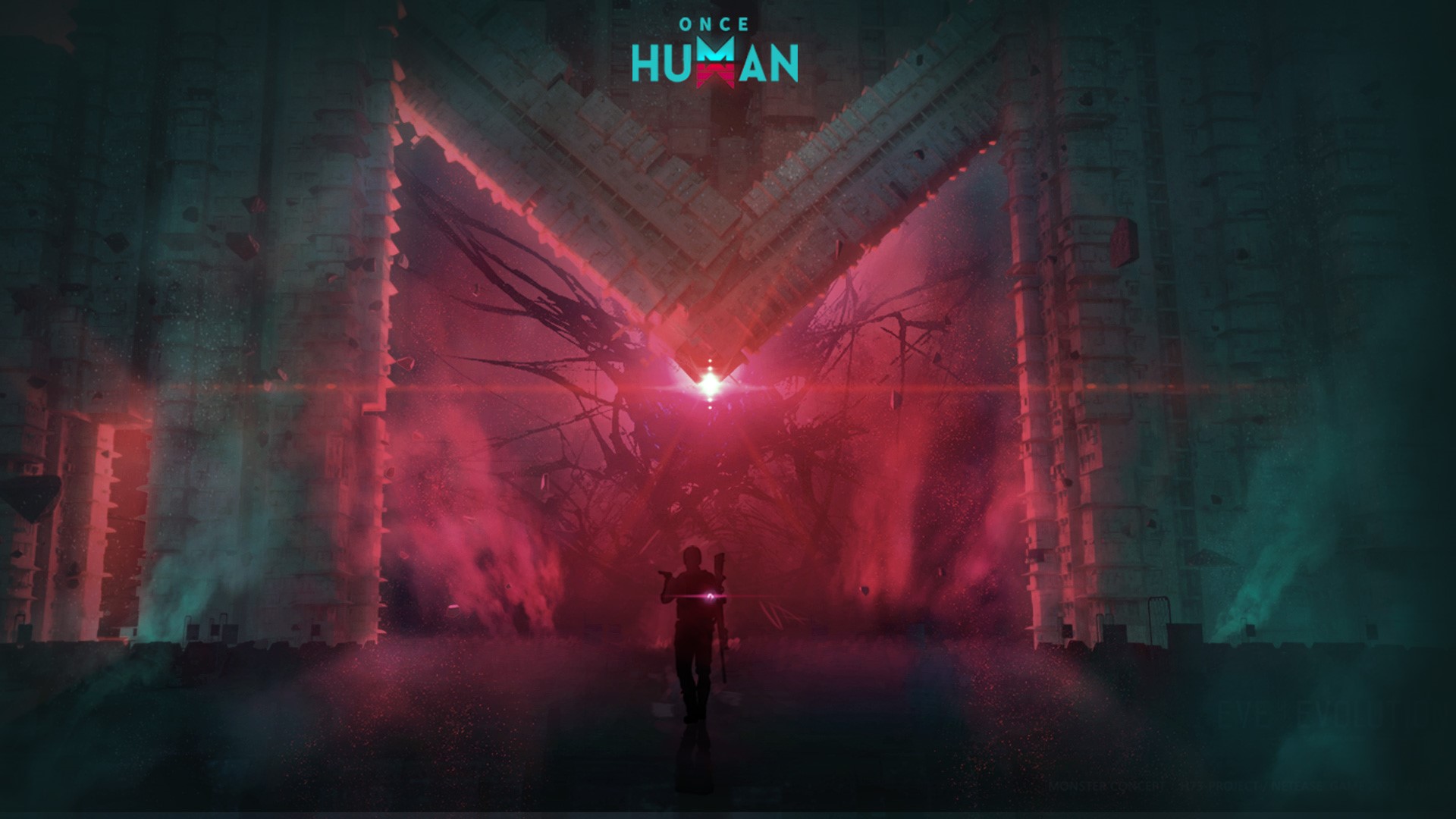I don’t usually post about current events outside the sphere of pop culture, but in this case the events are broad enough they’re intruding on it. The week before last Dawn and I were at WonderCon and also hearing from friends at another show out of state and the word just kept spreading of a marked slowdown in people buying; like 50% down or worse from last year, even for people who usually do really well.
General consensus? People holding on to their wallets amid the uncertainty of the news, regardless of politics, since even the word from the currently in-charge Right was that there would be pain and sacrifice on the road to greatness.
And that was before April 2nd when the big board of tariffs came out. For better or worse, a lot of small-time and independent creatives have been getting their goods from China in the past decades, and that’s about to end hard. As I write this, the White House has confirmed the China tariff has been upped from 54% (which already had people freaking out) to 104% as of midnight tonight. This business is not one of big margins and also one of my first thoughts was “oh shit… Kickstarter” because you hear a lot about the ones that raise millions over their minimum but most squeak by with maybe a few hundred left after factoring all the costs for production and fulfillment — which you’ve done (or really should’ve done) before you launched it.
Futureproofing a project is also important, which is why I straight up explained to a long-time fan that plans to Kickstart and print a Volume 3 of Zombie Ranch were indefinitely suspended until I could have more certainty with the pricing. And again, that was before April 2nd. But how do you even begin to factor in the possibility that in just the span of one week the playing field would change this much?
So there are a lot of currently active and also already funded (but not yet fulfilled) crowdfunding projects suddenly looking at extra costs that they didn’t and maybe arguably couldn’t have planned for. Over the weekend Trump also signed an EO eliminating the “de minimis” exemption for goods from China, set to take effect May 2nd. What’s that you ask? Well, here’s the EO itself:
The most relevant bit for the indie set:
“All relevant postal items containing goods that are sent through the international postal network that are valued at or under $800 and that would otherwise qualify for the de minimis exemption are subject to a duty rate of either 30% of their value or $25 per item (increasing to $50 per item after June 1, 2025).”
So basically if your shipment was under a certain amount, you wouldn’t have to pay duties (including the new tariffs) on it. This is bad news for some businesses I won’t shed tears for, like Temu, but potentially catastrophic for the convention and Kickstarter set.
Sure, the answer would be get them made onshore, but for instance we don’t have any factories in the U.S. set up to make board games. Someone who funded their Kickstarter board game recently is therefore in a bit of a pickle at the moment, to put it lightly.
All in all, morale is not good and I’m very glad we didn’t plan to launch a Volume 3 Kickstarter this year. I hope things settle down soon and before anyone has to do cancellations or “close up shop” entirely, but a lot of indie folk likely won’t have the ability to weather this for long.








